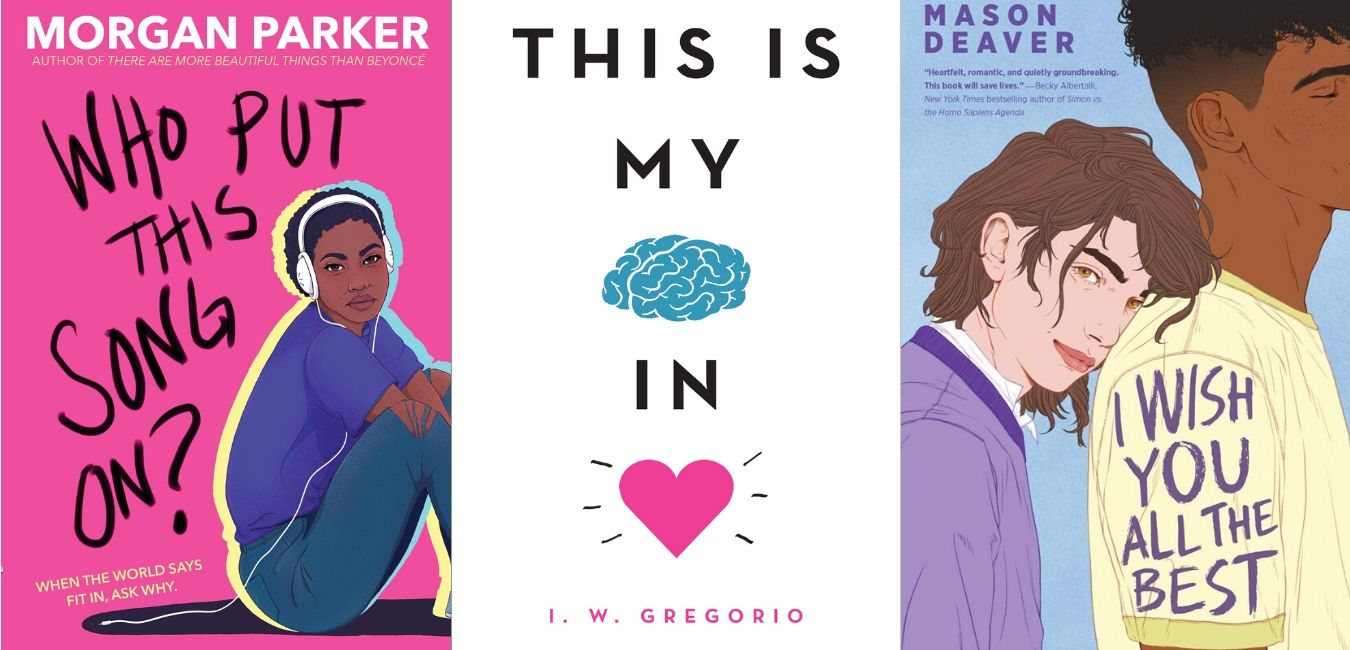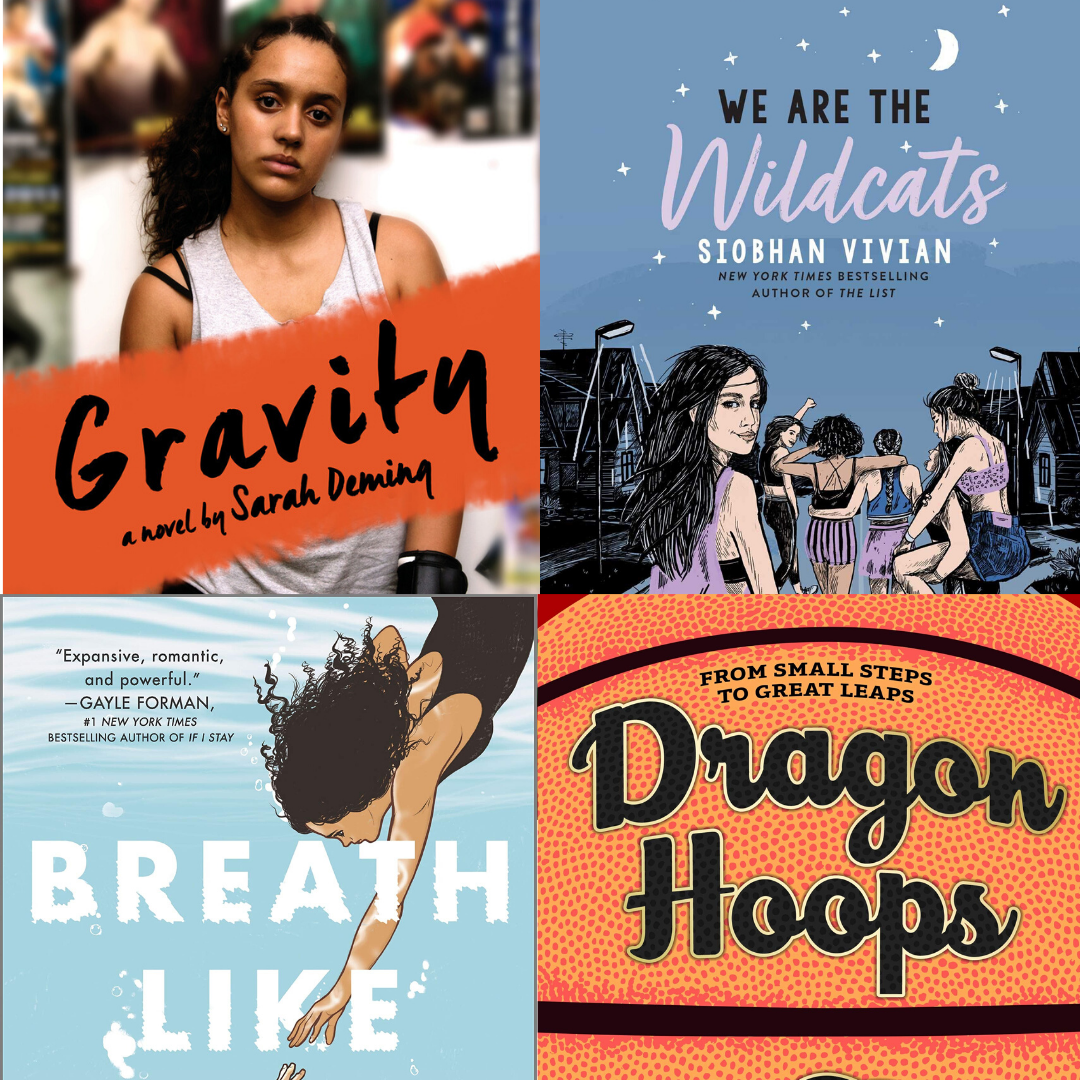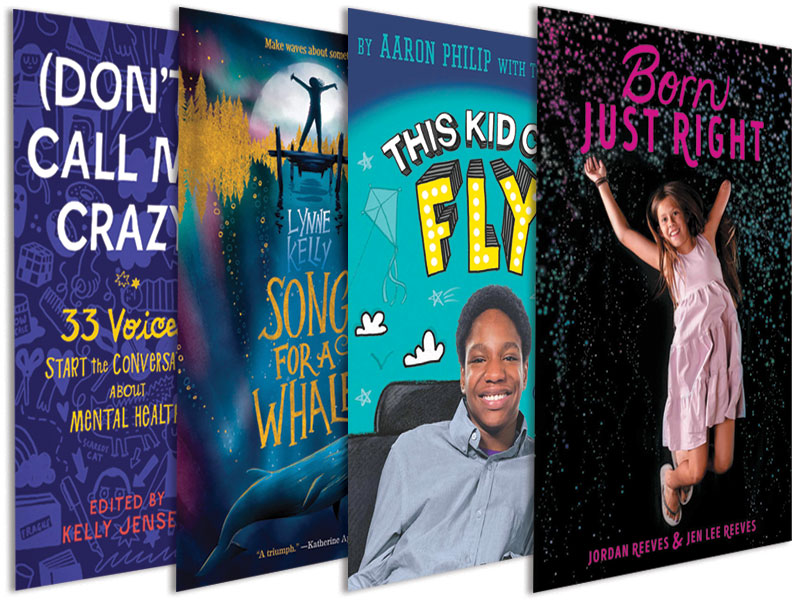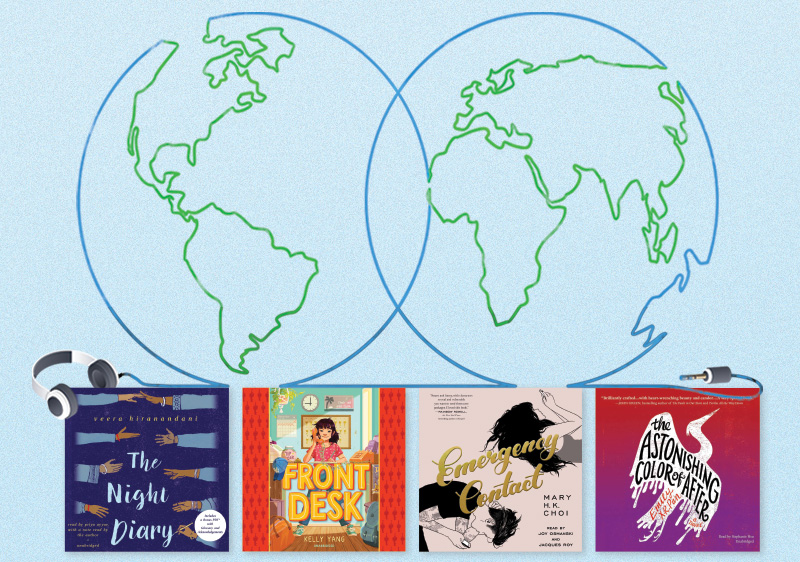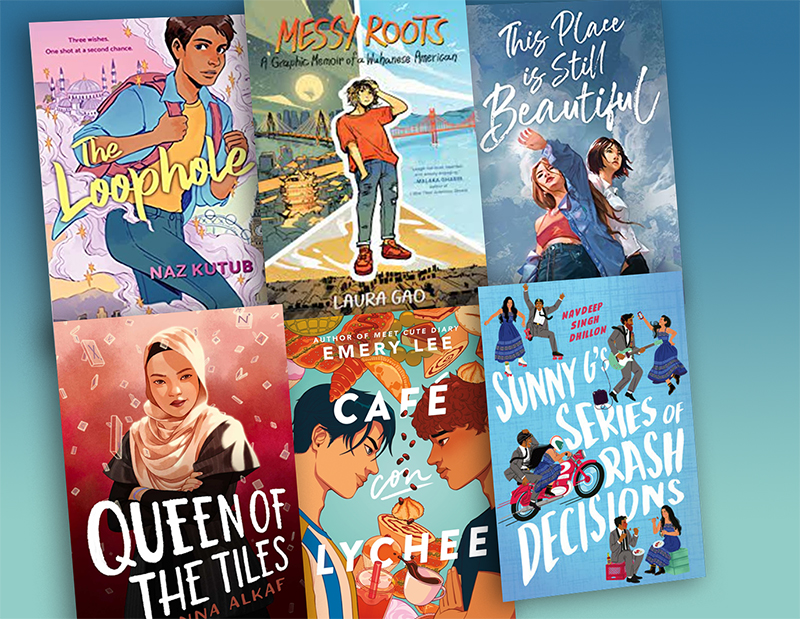Sunday Reflections: This Banned Books Week Feels Different
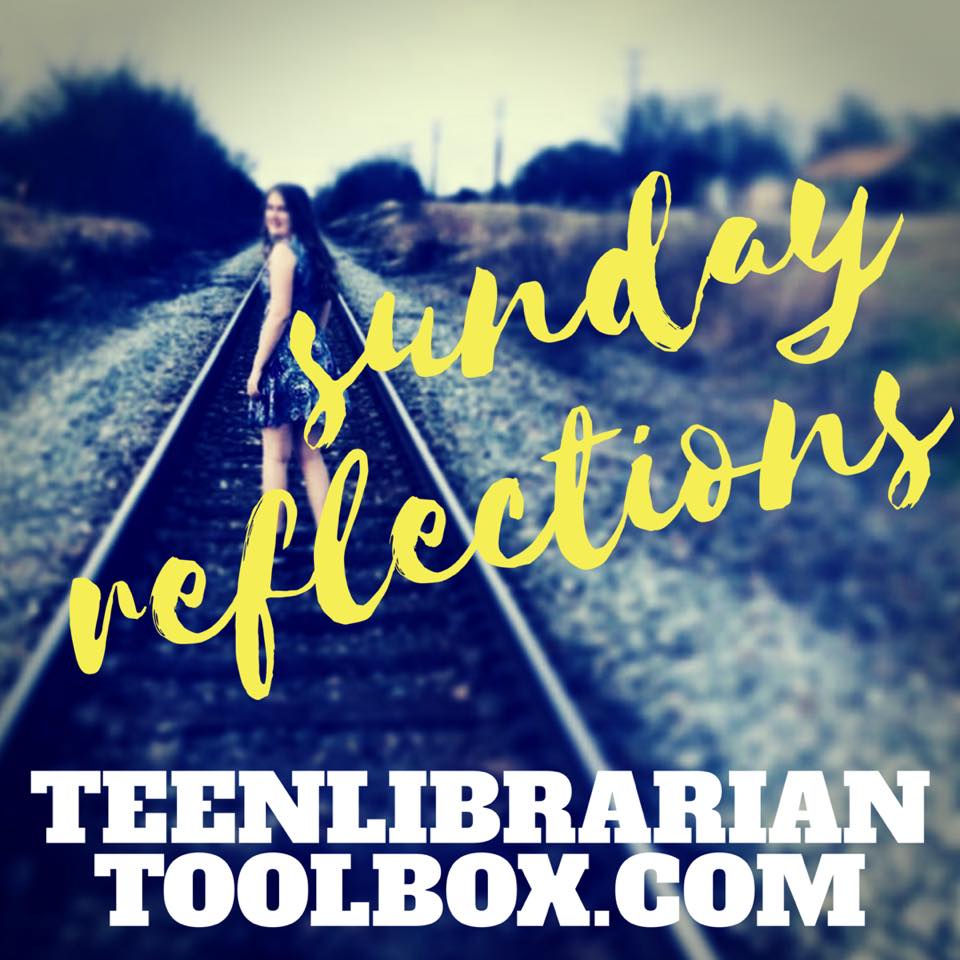
The first time I ever made it into the report to a library board was for Banned Books Week. I had put up a display – a rather fabulous display I might at – to help make patrons aware of the fact that books are challenged and banned across the country on a regular basis and a patron took umbrage. This patron took their umbrage all the way to the board, who maintained that it was a good display. But I still ended up in the annual report to the directors because it was a really big deal.
So here we are, once again, at the beginning of a Banned Books Week. Banned Books Week is an initiative in libraries to help make people aware of the fact that people often try to ban books from libraries. It happens far more often in school libraries than it does in public libraries, but it happens. When someone tries to get a book removed, it’s called a challenge. They are challenging whether or not the book should be in the school library, read in the classroom, or on school reading lists. Libraries often also get challenges to displays.
ADVERTISEMENT
ADVERTISEMENT
The process of a challenge usually goes like this. First, a parent or a patron makes a complaint. If your school or library is doing it correctly, they actually have a formal process outlined and staff are trained and that parent or patron is instructed of the process and asked to follow it. So then they will fill out a form outlining their complaint. It then goes through a review process. Almost always, the book is retained, especially in a public library, but the philosophy is that although this book may not be right for you, you don’t get to make those decisions for other people. I can’t speak to the process in public schools, because I am a public librarian, not a school librarian or teacher.
It’s a misnomer, really, to say that a book is banned when it is removed from a school library. Because even if a book is removed from a school library, it’s not really being banned. Kids just can’t check out and read it from their school library. But for many kids, this would take away their primary access point for books, so it is a big deal, even if technically the book isn’t being banned. So semantics aside, it is a dangerous and horrifying precedent to have one parent or a small group of parents get to decide that an entire school building full of children shouldn’t have access to a book at the school library because they personally find it offensive.
These past couple of weeks we’ve actually seen a lot of incidents of book challenges and removals. In York Pennsylvania, a list of book by and about marginalized people was banned by the local school board in that school district. Although the students and community protested and the ruling was overturned, it was devastating to witness award winning and life affirming books like Hair Love by Matthew Cherry and I am Rosa Parks by Brad Meltzer deemed unacceptable for a school system because they what – affirm the lives of Black people? How soul crushing it must have been for every Black kid in that school district to have their lives deemed offensive in this way.
In Leander, Texas there is another big challenge happening. Some of the books being removed here include Out of Darkness by Ashley Hope Perez and Ordinary Hazards: A Memoir by Nikki Grimes. There was also a challenge recently in Iriving, this time in the public library, and the books challenged here dealt with LGBTQ+ issues. In fact, if you look at the ALA’s annual list of the top books that are challenged in the previous year, they almost always include a high number of books that feature LGBTQ+ people and themes.
This year, as we see law after law being passed against transgender kids and allowing medical personnel to refuse lifesaving treatment against members of the LGBTQ+ community if it’s against your personal beliefs. This year, as we see parents storm local school board meetings to demand that anti-racist education be taken out of our schools. This year, as we see women’s rights to make their own medical decisions take huge steps backwards. This year, as our children huddle in classroom corners to practice active shooter drills and states pass permit-less carry bills but won’t pass mask mandates to protect our children from a deadly virus. This year, more than ever, Banned Books Week seems far too relevant.
ADVERTISEMENT
ADVERTISEMENT
Not too far back in 2012, the Texas legislature actually tried to pass a bill outlawing the teaching of critical thinking skills in education because it invited a person to challenge fixed beliefs and undermined parental authority. There are a lot of people that are afraid of being exposed to new and challenging ideas because sometimes, those ideas demand of us change. I have often heard the idea that change is scary and as a person with anxiety and control issues, I get that. But I have also come to understand that for some people it’s not that they fear change in and of itself, it is about losing power. Power and its always nearby corollary, money. Some people, it turns out, are willing to let states burn and a country be ravaged by a deadly virus while they actively spew disinformation as long as they get to keep their power – and their money. Never underestimate what a person will do for power and money.
I have had to deal with book challenges in the past. There was an award winning Christian fiction book in which the characters had sex and said swear words that a patron objected to being in our Christian fiction collection, despite the fact that it was sold by a Christian publisher and was on award winning Christian fiction lists. There was a book about World War II that featured a picture of naked dead bodies in a concentration camp. Please note that they did not object to the violence, just the nudity. There was the children’s picture book that featured a family where the parents had a tattoo.
Working in the public sphere has always been somewhat terrifying. But right now, something is different. I have seen videos of parents storming local school board meetings and even threatening doctors as they have left for asking for mask mandates because the local hospitals are overwhelmed and they just need the public’s help. And I have seen videos of parents challenging the local police outside of a school and telling their kids just to rush into the school without their masks despite local ordinances and school rules requiring masks. And I have seen videos of parents yelling and fuming about CRT theory and specific books at local school board meetings. What is happening right now feels different than every challenge I have ever faced before in my 28 career in public libraries. No one has ever threatened me about a book, not even the woman who took her complaints about my Banned Books Week display all the way to the board.
So as we enter into yet another Banned Books Week, this one feels different. The stakes feel higher. Certain people group’s identities and histories are being challenged, being erased, and I can’t help but think of what kind of emotional impact that has on these kids that just want the world to see them, to hear them, to love them, to keep them safe. I don’t know, I don’t have a great way to end this Sunday Reflection. I guess it’s just that, this Banned Books Week feels different.
Filed under: Banned Books Week
About Karen Jensen, MLS
Karen Jensen has been a Teen Services Librarian for almost 30 years. She created TLT in 2011 and is the co-editor of The Whole Library Handbook: Teen Services with Heather Booth (ALA Editions, 2014).
ADVERTISEMENT
ADVERTISEMENT
SLJ Blog Network
The Moral Dilemma of THE MONSTER AT THE END OF THIS BOOK
Cover Reveal and Q&A: The One and Only Googoosh with Azadeh Westergaard
K is in Trouble | Review
Parsing Religion in Public Schools
ADVERTISEMENT



